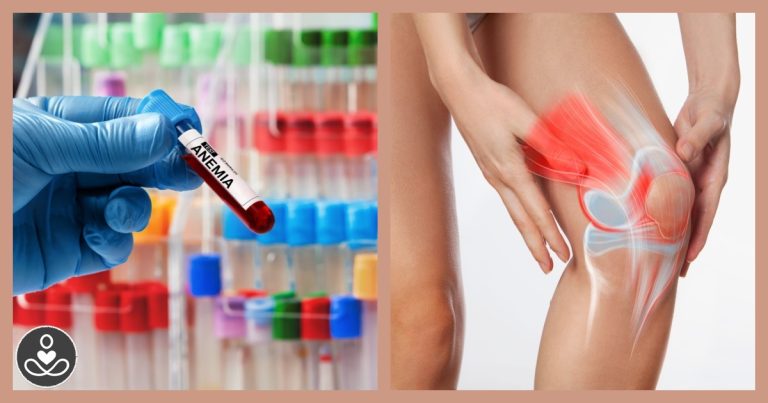ADVERTISEMENT
2. Easy Bruising
When blood vessels beneath the skin rupture, a discoloration known as bruising occurs when blood leaks into the surrounding tissue; if you experience easy bruising, it could indicate a vitamin C deficiency (Hirschmann & Raugi, 1999a). This nutrient is essential for producing collagen, which helps keep the skin, bones, and other tissues healthy and strong. A lack of vitamin C can weaken blood vessels and cause poor collagen production, making you more susceptible to bruising (Pimentel, 2003a).
3. Slowly Healing Wounds
When our body has insufficient vitamin C, the rate of collagen formation slows down, leading to a delay in the healing process of wounds (Galimberti & Mesinkovska, 2016). Recent research suggests that people who suffer from chronic, non-healing injuries are more likely to be vitamin C deficient. In some acute cases of vitamin C deficiency, old wounds may reopen, increasing the risk of infection (Lazareth et al., 2007). Slow wound healing or reopening old wounds is an advanced sign of deficiency that can heighten the risk of infection (Fain, 2005a). Therefore, maintaining adequate levels of vitamin C in our body promotes faster wound healing and reduces the risk of infection (Hirschmann & Raugi, 1999a).
4. Bleeding and Swollen Gums
When the body lacks sufficient vitamin C, the gum tissue may become weak and inflamed, and the blood vessels may start bleeding more easily. This can lead to the gums appearing red, swollen, and bleeding (Olmedo et al., 2006). Moreover, the gums may even take on a purplish hue in severe cases of vitamin C deficiency. Unhealthy gums can also affect the integrity of teeth over a prolonged timeframe (Larralde et al., 2007) (Fain, 2005a). Therefore, ensuring adequate vitamin C intake through a balanced and nutritious diet is crucial.
5. Painful Swollen Joints
Did you know that your joints contain a lot of collagen-rich connective tissue, which can also be affected by vitamin C deficiency? You must get enough vitamin C to keep your joints healthy and functioning correctly (Tamura et al., 2000).
6. Poor Immunity
Vitamin C is essential for obtaining a healthy immune system, which may increase the risk of severe infections like pneumonia (Johnston et al., 2014). Scientific studies suggest that vitamin C accumulates inside different types of immune cells, enhancing their function and aiding them in fighting diseases and destroying harmful pathogens (Carr & Maggini, 2017).
It is worth noting that people with scurvy, a condition caused by vitamin C deficiency, often suffer from a weakened immune system. If not treated promptly, this can result in a higher susceptibility to infections and, worse, fatalities (Pimentel, 2003a). An adequate amount of vitamin C in your diet is recommended to maintain a healthy immune system.
7. Iron Deficiency Anemia
There is a notable link between vitamin C and iron deficiency anemia. Low levels of vitamin C can contribute to iron deficiency anemia by reducing iron absorption from plant-based foods and negatively affecting iron metabolism (Teucher et al., 2004) (Lane & Richardson, 2014). Additionally, vitamin C deficiency increases the risk of excessive bleeding, which can lead to anemia (Agarwal et al., 2015).
If you are experiencing iron deficiency anemia without any apparent causes, it is recommended to check your vitamin C levels.
Continued on next page
ADVERTISEMENT
